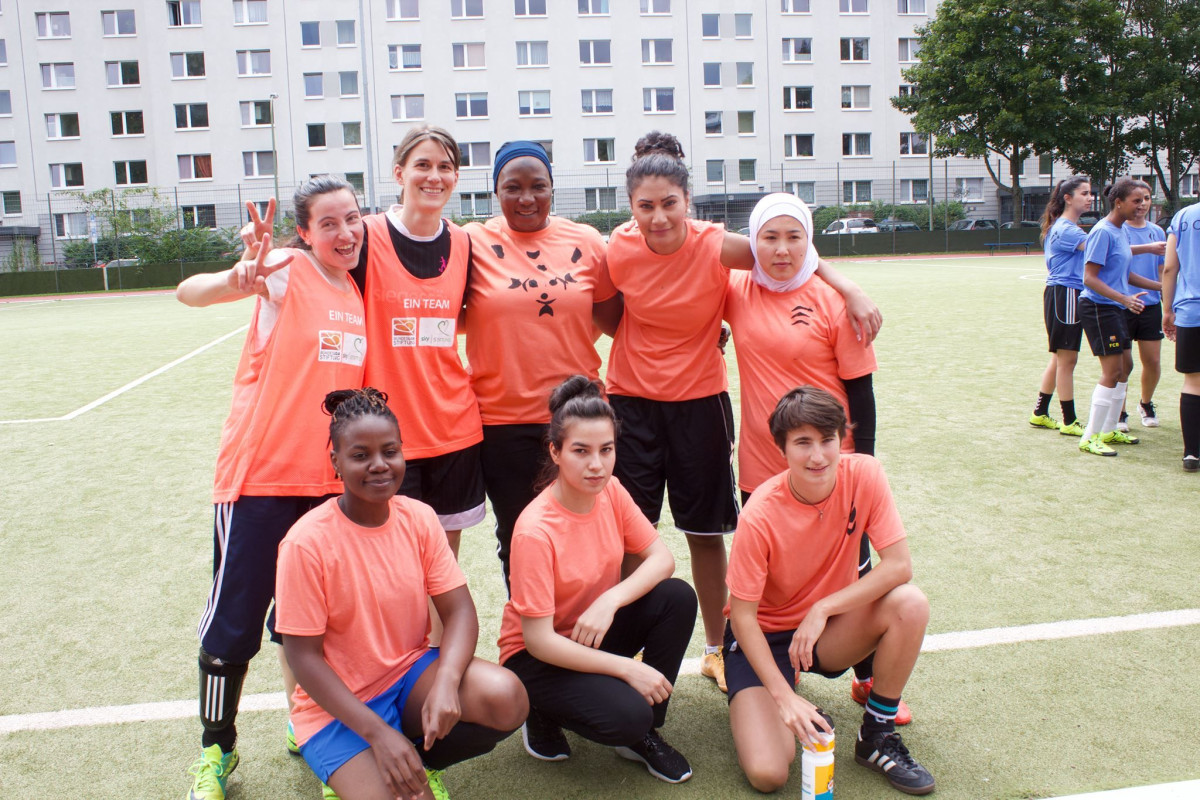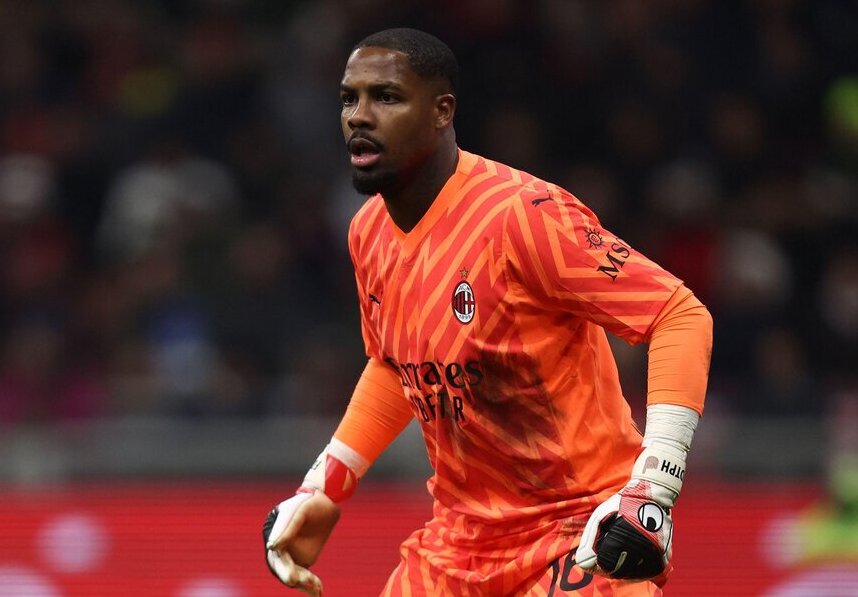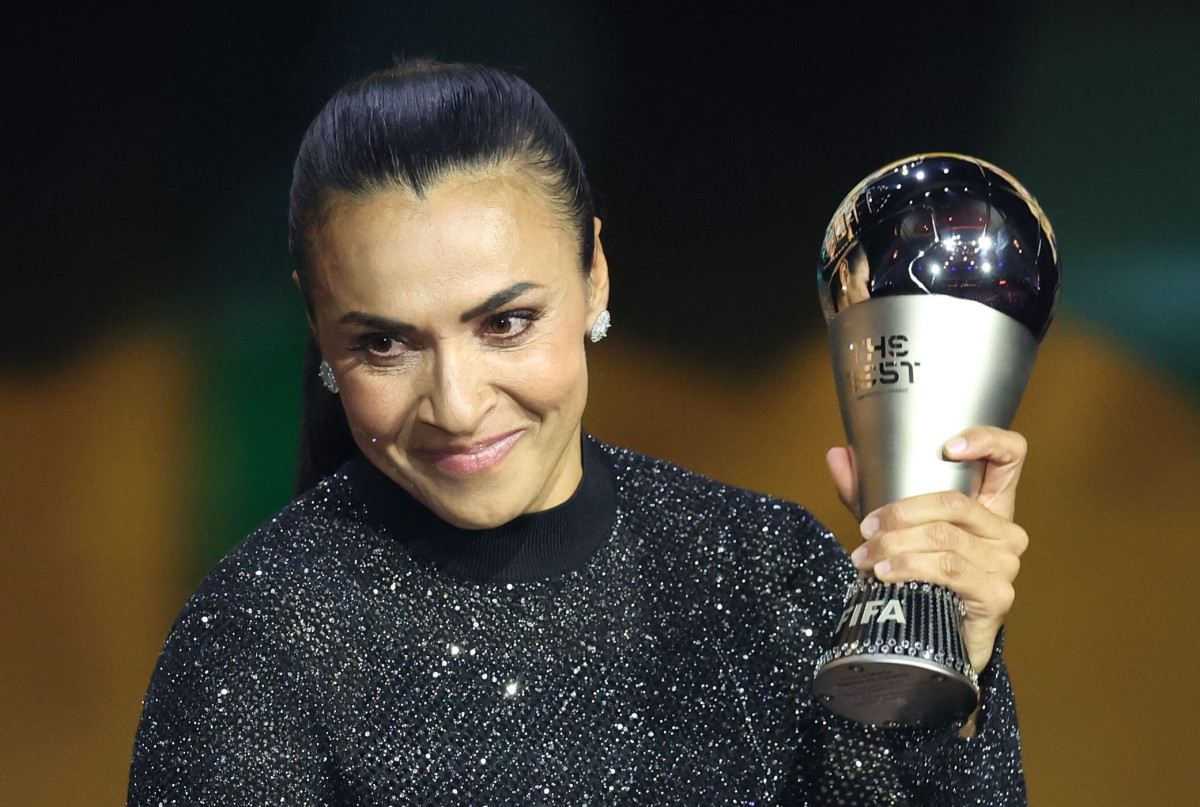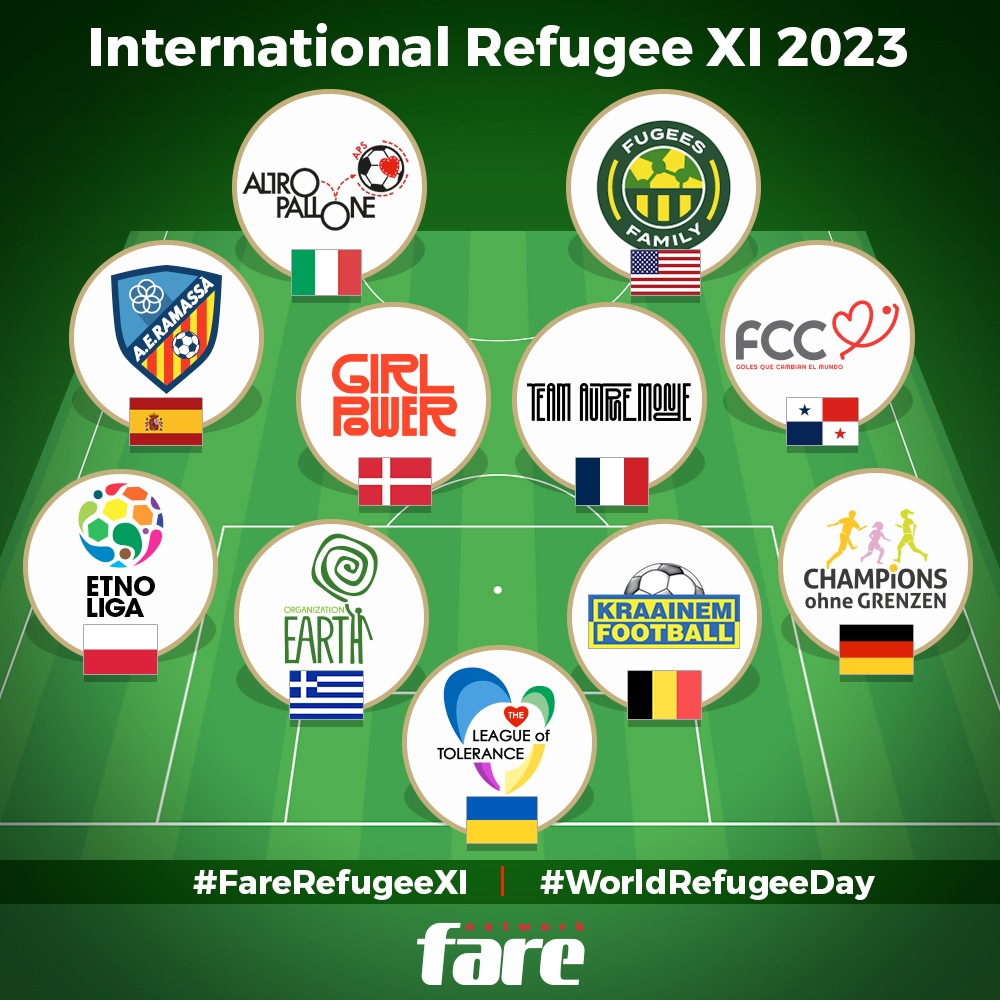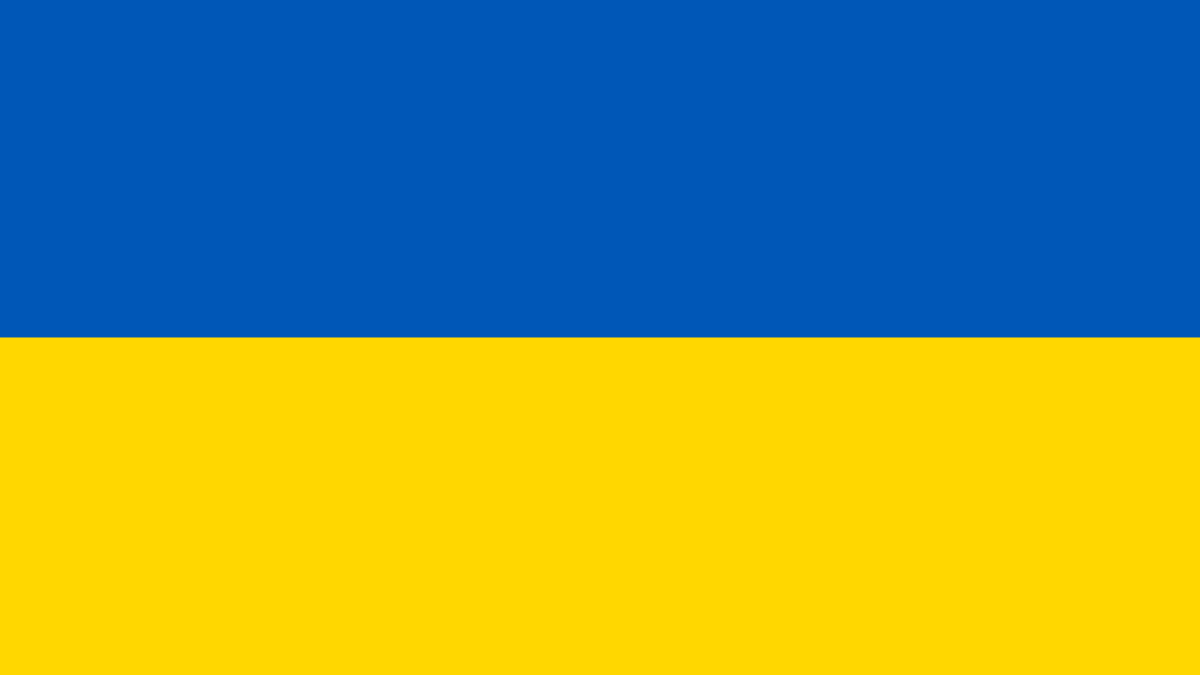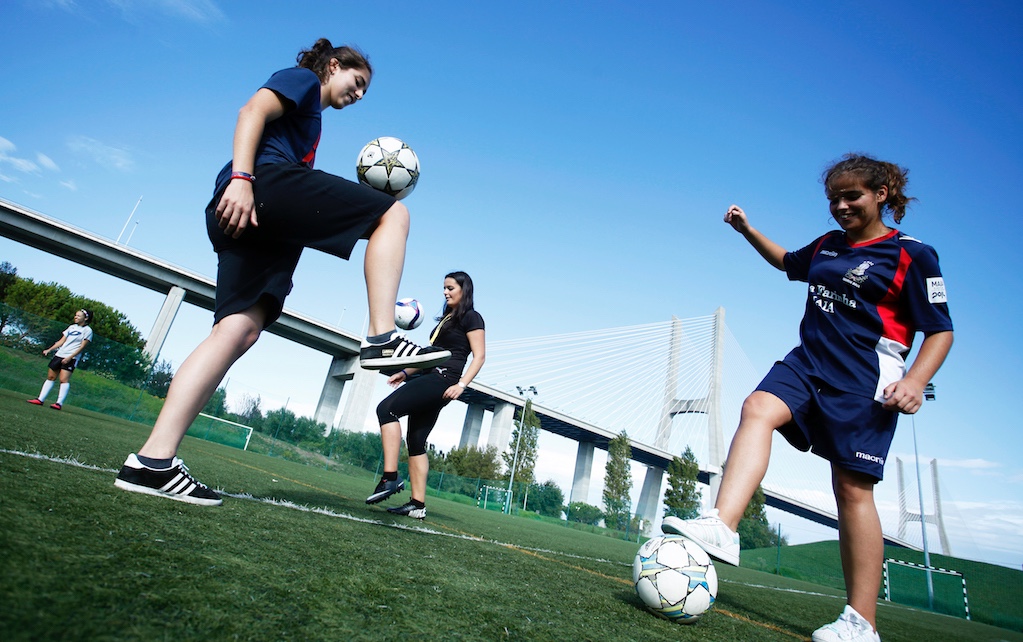Twitter, Facebook and Instagram have faced universal criticism after a series of incidents of racist and sexist abuse directed at current and former players in England recently.
BLOG by Pavel Klymenko
“Stadiums across the world may be empty, but professional footballers are still playing and still getting abuse. Numerous players in the Premier League have expressed outrage over waves of racist and sexist abuse on social media and an apparent indifference by the companies that run them.
Despite the armory of tools available to them (AI capability, for example, is growing at an astonishing rate), there is a widely shared frustration that the platforms are failing to prevent and remove hate aimed at players.
Professional football may be generating hundreds of millions of engagements on social, but it seems that on the global scale of priorities the concerns of players are not important. We shouldn't forget that the companies running them are some of the biggest and fastest growing in the world.
And so Marcus Rashford, Axel Tuanzebe (on two separate occasions), Anthony Martial (all of Manchester United), Reece James of Chelsea, Romaine Sawyers of West Brom, Alex Jankewitz of Southampton, Lauren James of Manchester United Women and Karen Carney formerly of Arsenal and England Women have all received racist and sexist abuse in the space of several weeks. The number grows daily, last night young Yhan Danda a player of South Asian heritage - an already rare thing - revealed he was the latest target.
Most of the abuse is sent to players in direct messages or comments directed and tagged to their accounts.
Manchester United’s Axel Tuanzebe was bombarded with monkey emojis on Instagram. But when Premier League clubs confronted Twitter about the types of emojis used in hate speech, the company responded by arguing that monkey emojis sent to black players do not violate their rules. It seems keeping the monkey off their own back is more important than protecting human beings from destructive hate speech.
In 2019 the PFA, the English players union, led a 24 hour boycott of the platforms, it was universally supported and there may be more days to follow. Many players are said to be looking for ways of leaving the platforms permanently.
The calls for social media companies to step up and introduce real measures against the abuse has came from all corners. The English FA issued an uncharacteristically angry statement directed at the platforms late last Saturday, the Premier League and international players association FIFPRO have also issued statements. Today the English football bodies have sent a letter to Mark Zuckerberg of Facebook and Jack Dorsey of Twitter making suggestions as to the action they would like to see.
Even Prince William, the future King, called on the platforms to do more.
At governmental level there is a growing appetite for state regulation of the platforms. It is not the only solution, this is a phenomena that has been allowed to grow and will therefore take a lot of work to put right. But quite frankly more regulation in more states can’t come soon enough. It is the action that platforms fear most.
In Germany, the Network Enforcement Act (NetzDG) passed in 2017 obliges social media platforms with over 2 million users to remove hate speech and other illicit content within 24 hours of a report being received, or within seven days in complex cases.
The law provides guidelines on clear reporting mechanisms, review of decisions and a legal basis to identify offenders. Companies can face fines up to €50 million for breaching the deadlines to remove illegal content after receiving a complaint.
Similar financial penalties are being discussed in the UK where British Culture Secretary Oliver Dowden has threatened tech companies with criminal sanctions and fines running into the billions in the proposed Online Harms Bill.
Dowden called a meeting of stakeholders including Premier League players last week, one of whom is said to have told the minister he and other players had in the past had suicidal thoughts after receiving abuse.
The platforms claim to remove most hate, but an equally significant portion of it remains unchallenged.
Soon to be published research produced by Fare in partnership with artificial intelligence company Textgain will highlight the extent of the problem pervading football and the huge amounts of homophobic, sexist and racist abuse that remains on Twitter for months. Fare examined the scale and patterns of abuse on Twitter during the August 2020 final matches of the UEFA Champions and Europa League.
Facebook, who own Instagram, announced yesterday they are taking tougher measures against accounts that violate their rules in private messages, permanently banning them rather than suspending them temporarily. The move has been welcomed but is also widely seen as falling short of action that will lower the temperature of hate - look beyond the headline announcement and you see that only repeated abusers will be banned.
The toxicity of debate on social media, the attacks on minorities and women, require urgent action and increased investment by the platforms, this might go some way to easing the pressure on players, who are simply the most visible punchbags for other minorities and women in wider society.
Ready solutions to any complex problem are not easy to come by, but experts, business analysts and engineers all agree that the platforms need to own the problem, and governments would do well to speed up regulation and enforcement. For many of us watching the hate unfurl, action cannot come soon enough.”
Pavel Klymenko is the Head of Policy, Global Monitoring and Human Rights at the Fare network
